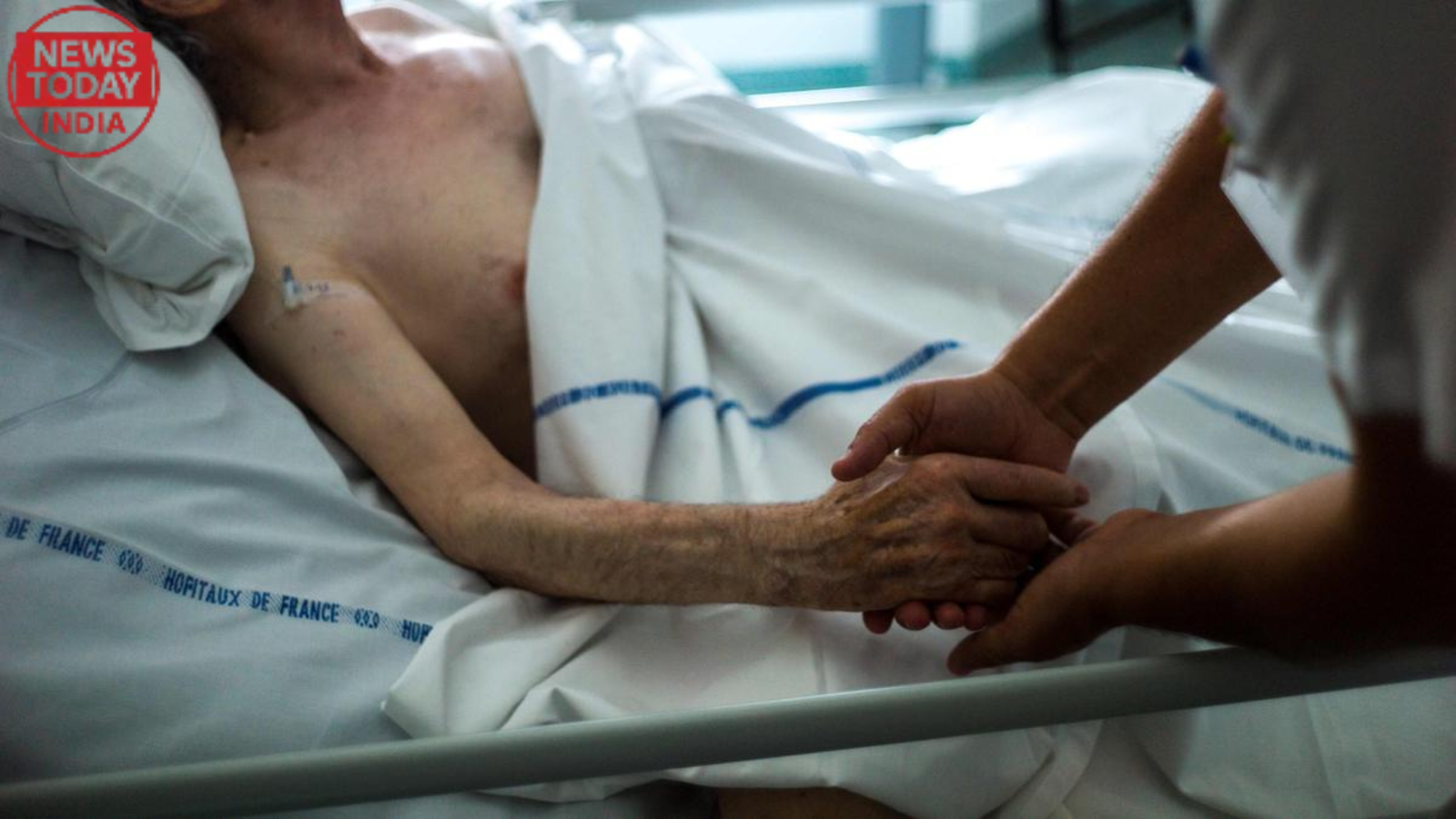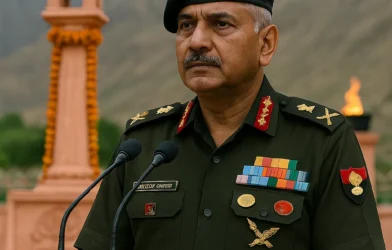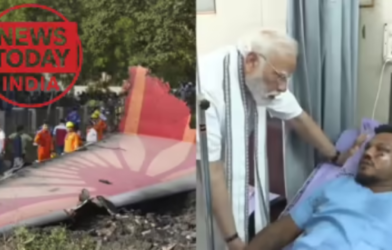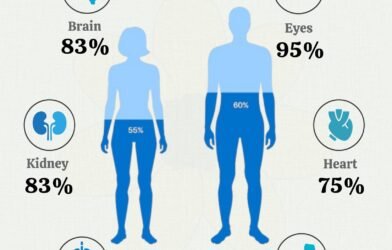Subtotal $0.00
A Growing Concern in India
Chronic pain is a serious health issue affecting millions of people in India. It’s not just about physical discomfort—it can also harm mental health. Experts now say chronic pain should be part of suicide risk checks. This means doctors need to look at both body and mind when helping patients. News Today India explains this important topic in simple words, focusing on why chronic pain matters and what can be done.
What is Chronic Pain?
Chronic pain is when someone feels pain for more than three months. It can come from conditions like arthritis, back problems, migraines, or injuries. Unlike short-term pain, chronic pain doesn’t go away easily. It can make daily life hard, stopping people from working, sleeping, or enjoying time with family and friends.
In India, studies show that 19-35% of people live with chronic pain. That’s millions of adults struggling every day. The pain can feel like a constant weight, making people feel tired, sad, or hopeless.
How Chronic Pain Affects Mental Health
Chronic pain doesn’t just hurt the body—it can hurt the mind too. People with long-term pain often feel:
- Sadness or Depression: The pain makes it hard to enjoy life, leading to low mood.
- Loneliness: Pain can stop people from meeting friends or joining activities, making them feel alone.
- Hopelessness: When pain doesn’t go away, people may lose hope for a better future.
Experts say people with chronic pain are two to three times more likely to think about suicide compared to those without pain. This is a big warning sign. Pain can make life feel unbearable, pushing some to think there’s no way out.
Why Doctors Miss This Connection
Many doctors focus on mental health issues like depression or stress when checking for suicide risk. But chronic pain is often ignored. Here’s why:
- Separate Treatment: In India, physical pain and mental health are usually treated by different doctors. This makes it hard to see the full picture.
- Lack of Training: Many doctors aren’t trained to understand how pain affects mental health.
- Stigma: In India, talking about mental health or suicide is still taboo. People may not share their feelings, and doctors may not ask.
This gap means many people with chronic pain don’t get the help they need to feel better in both body and mind.
Why Chronic Pain Should Be Part of Suicide Risk Checks
Experts are now urging doctors to include chronic pain in suicide risk checks. Here’s why this matters:
- Early Warning: Asking about pain can help doctors spot people who are struggling before it’s too late.
- Better Care: Combining pain treatment with mental health support can improve lives.
- Saving Lives: Understanding the link between pain and suicide can prevent tragedies.
For example, a patient with constant back pain might feel hopeless and stop seeing a future. If doctors ask about their pain and feelings, they can offer help like counseling or better pain relief.
Challenges in Helping People with Chronic Pain
Helping people with chronic pain is not easy. India faces several challenges:
- Limited Doctors: There aren’t enough pain specialists or mental health experts in India. The World Health Organization says India has only 0.3 psychiatrists for every 100,000 people.
- Opioid Stigma: Medicines like opioids can help some pain, but strict rules in India make it hard for doctors to prescribe them safely.
- Lack of Other Options: Treatments like therapy, exercise, or mindfulness can help, but they’re not widely available or affordable.
- Awareness: Many people don’t know chronic pain can lead to mental health issues. They may feel ashamed to ask for help.
These challenges make it harder for people to get the care they need to manage pain and stay mentally healthy.
What Can Be Done?
Experts have clear ideas to improve care for people with chronic pain and reduce suicide risk:
- Add Pain to Suicide Checks:
- Doctors should ask about pain during routine health visits. Simple questions like, “How long have you had this pain?” or “Does your pain make you feel sad or hopeless?” can make a big difference.
- Tools like pain scales (rating pain from 1 to 10) and mental health surveys can help doctors understand the problem better.
- Train Doctors:
- General doctors, who see most patients, need training on how pain affects mental health.
- Short courses or online training can teach doctors to spot warning signs and offer the right help.
- Team Up for Care:
- Pain specialists, mental health experts, and family doctors should work together. For example, a patient with migraines might see a pain doctor for medicine, a therapist for stress management, and a family doctor to coordinate care.
- Telehealth (online doctor visits) can help people in rural areas get care.
- Raise Awareness:
- Campaigns in schools, workplaces, and communities can teach people that chronic pain is serious and it’s okay to ask for help.
- Reducing stigma about mental health can encourage people to talk about their struggles.
- Offer More Treatment Options:
- Therapies like cognitive behavioral therapy (CBT), mindfulness, or yoga can help manage pain and improve mood.
- The government and hospitals can make these treatments more affordable and available, especially in small towns.
- Support Patients and Families:
- Support groups, where people share their experiences, can reduce loneliness.
- Families can learn how to support loved ones with chronic pain, like listening to their feelings or helping with daily tasks.
Why This Matters for India
In India, suicide is a growing concern. Around 16 out of every 100,000 people die by suicide, higher than the global average. Chronic pain affects millions, and ignoring its link to mental health could mean missing a chance to save lives. By addressing chronic pain in suicide risk checks, India can take a big step toward better health for everyone.
How You Can Help
If you or someone you know has chronic pain, here’s what you can do:
- Talk to a Doctor: Share both your pain and your feelings. Don’t be afraid to say if you feel sad or hopeless.
- Join a Support Group: Connect with others who understand what you’re going through.
- Try Small Steps: Gentle exercise, meditation, or talking to a trusted friend can help you feel better.
- Spread the Word: Share this information with others to raise awareness about chronic pain and mental health.
Conclusion
Chronic pain is more than just a physical problem—it can hurt your mind and heart too. By including pain in suicide risk checks, doctors can help people feel better and save lives. News Today India urges everyone—doctors, policymakers, and families—to take chronic pain seriously. Together, we can build a healthier, happier India.










